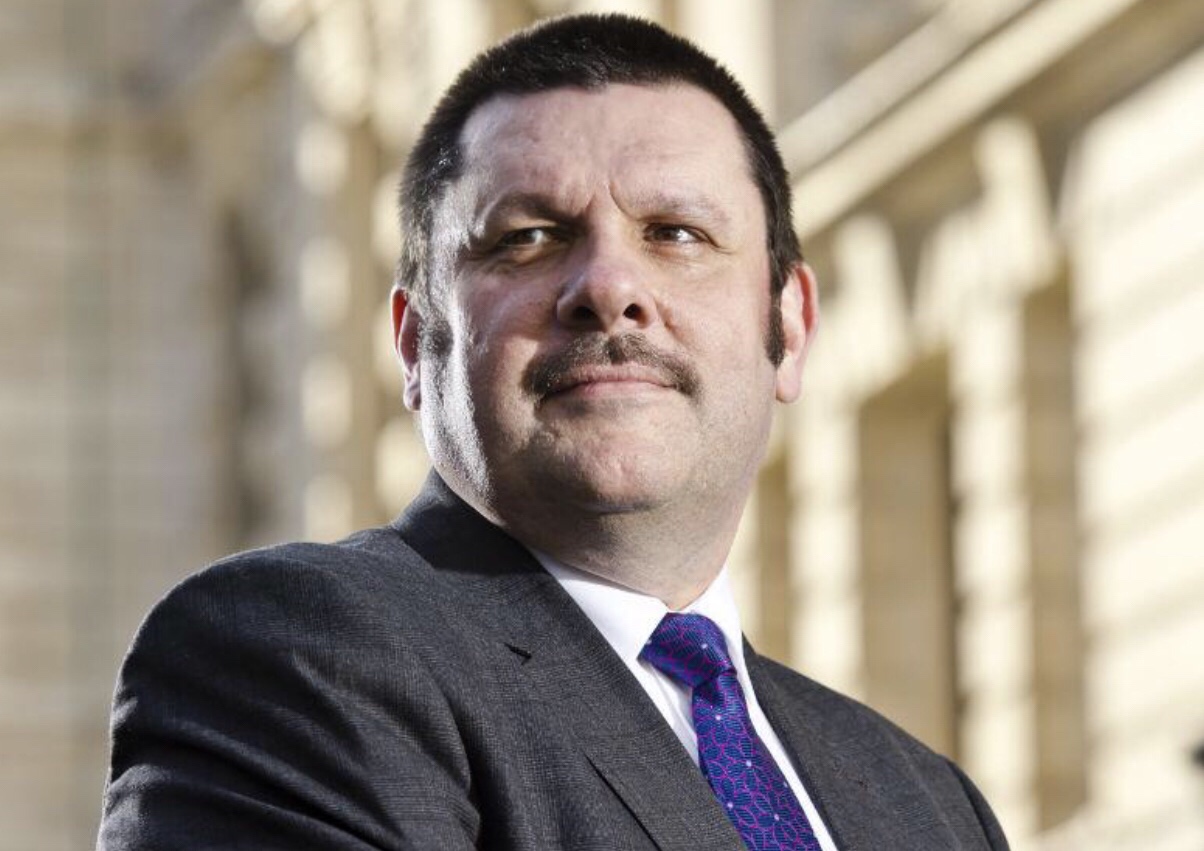HMRC to stop or delay transformation projects to ensure customs system is ready for Brexit
HM Revenue & Customs chief executive confirms several major programmes will be affected due to prioritising development of new customs IT systems
HM Revenue & Customs (HMRC) plans to stop or delay a number of its transformation programmes to ensure it has the capability and capacity to complete its new Customs Declaration Services (CDS) project in time for Brexit.

CDS is intended to replace the current Customs Handling of Import and Export Freight (Chief) system for handling freight from outside the European Union (EU). After Brexit, HMRC is expecting to see an increase in customs declarations from the current 60 million a year to 255 million, which Chief cannot handle.
MPs on the Public Accounts Committee (PAC) expressed concerns in January 2018 that HMRC was dangerously overstretched through a combination of 15 major transformation programmes and the uncertainty around requirements to update systems for the UK leaving the EU.
“What was already a precarious high-wire act is now being battered by the winds of Brexit, with potentially catastrophic consequences,” said committee chair Meg Hillier at the time.
HMRC chief executive Jon Thompson subsequently wrote to Hillier, and in his letter, published by PAC last week, he confirmed there will be changes to other key projects.

“As discussed at the last Public Accounts Committee hearing in October 2017, HMRC was to review the entirety of our transformation programme, including the need to accommodate Brexit-related projects and programmes. That review was completed in January 2018,” said Thompson in the letter.
“At this stage, I can say we have proposed a number of projects which should stop or not start, and a number which should be stretched out over a longer timescale,” he said. “I hope we can provide further transparency of the detail of this in due course. Our assessment is that if these changes are agreed then the resultant portfolio is deliverable, with appropriate level of risk. Also, that we have the capacity and capability to deliver it, or can obtain those capabilities in an appropriate timescale.”

When asked by Computer Weekly for further details of which programmes it plans to stop or delay as a result of its review, HMRC said, “We do not have any further information to give at this time on our reprioritisation, timescales or which projects we may be delaying” beyond the details in Thompson’s letter.
HMRC kjtends to begin phading in CDS in August, while running the old Chief system alongside it, and is due to be fully rolled out by early 2019.
Thompson said in his letter that the first phase of testing for CDS was completed in January, with a second phase due to complete this month. End-to-end performance testing will then take place, until live implementation starts in July.
“This testing will continue after July to test how each phase of migration from Chief to CDS is performing, leading up to full service deployment in January 2019. This work is highly complex and is a key focus for CDS delivery,” he said.

HMRC already had plans to replace the 25-year-old Chief system when the country voted to leave the EU. However, with Brexit approaching, CDS has become an increasingly important part of the UK’s ability to handle the huge increase in customs transactions expected once the UK leaves the EU Customs Union.
Concerns had been mounting that the systen won’t be ready for – or able to cope with – the volume of transactions needed when the UK leaves the EU.
In March 2017, the Treasury Committee said it had lost confidence in the successful implementation of CDS, and in July 2017, the National Audit Office warned there was “still a significant amount of work to complete” which meant CDS might not be ready in time for the UK’s exit from the EU on 29 March 2019.
In September 2017, however, the project reached the halfway point after making significant progress.
Thompson told the PAC meeting in October that he was confident CDS was on track, but said there were “no guarantees on technology projects”.
“We can be reasonably confident, but we need to be transparent with you. There are four significant risks to this programme, and any one of those could either delay the project or, worst case scenario, CDS wouldn’t be ready,” he said at the time.
“If we don’t manage those risks, this will either get delayed or go off track. It’s currently going well, but I will never give you a guarantee any IT system is going work until after [go-live].”
Source: ComputerWeekly
You must be logged in to post a comment.